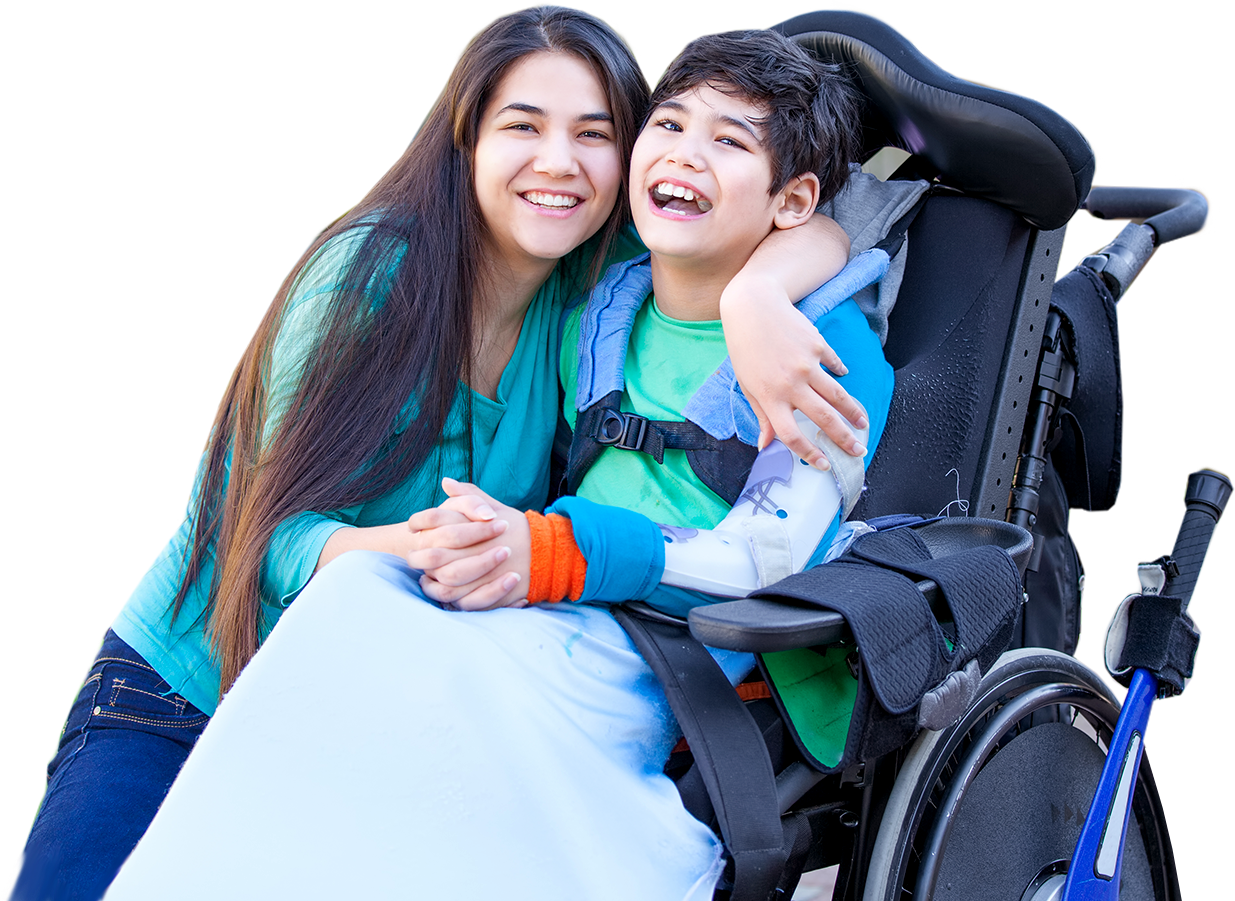CPFN Blog
advice to better care for your child

- Alternative
- Assistive Technology
- Associated Conditions
- Birth Injury
- Causes of Cerebral Palsy
- Cerebral Palsy Diagnosis
- Cerebral Palsy Information
- Cerebral Palsy Therapies
- Cerebral Palsy Treatments
- Child Development
- Doctor Visits
- Education
- Equipment
- Featured
- Legal Help
- Medical Research
- News
- Patient Care
- Prenatal Care and Childbirth
- Stories
- Tips for Parents
- Types of Cerebral Palsy
- Updates
Cerebral Palsy Settlement
Living with cerebral palsy is different for each person. While CP does not worsen over time, the symptoms of your child’s CP can change as they get older. Generally, this change is for the better with supportive treatments, medications, and other therapeutic treatments. Even though there are advances in treatments, children with CP are still... Read More
Cerebral Palsy Medical Malpractice
Cerebral palsy is a group of permanent, non-progressive disorders caused by either abnormal development of the brain or damage to the developing brain. This developmental interference impacts a child’s ability to control his or her muscles, which makes CP a motor disability. The three types of CP are: Spastic cerebral palsy: causes stiffness and movement... Read More
A Horrific Social Media Post Inspires Memoir of Life With Severe Cerebral Palsy
By Susan Haas Co-Author, The Year of the Buttered Cat; a mostly true story By the time my daughter, Lexi, was 10 months old, I knew something was amiss. She had failed to meet every motor milestone. She was unable to sit up, hold anything or keep her head upright for even a few seconds.... Read More
Diana’s Story
Excerpt from, “Patients’ Rights and Doctors’ Wrongs® – Secrets to a Safer Pregnancy and Childbirth” Howard A. Janet, Esquire – CPFN Legal Advisor and Giles H. Manley, MD, JD – CPFN Medical Advisor Seven weeks shy of her due date, Diana awakens this Saturday morning to discover blood trickling from her vagina. Alarmed, she immediately... Read More
Summer Activities for All Abilities
8 Kid-Friendly Activities to do Right at Home With COVID-19 still making summer plans uncertain, parents are trying to find ways to keep their children active and engaged throughout the long days ahead. Travel and social distancing restrictions have caused most summer camps and outdoor activity centers to close or limit access, presenting a challenge... Read More
Finding Funds for Home Modifications and Handicap Accessible Vehicles
We’ve recently received a number of questions from our Facebook family about funding assistance, such as “How do you go about getting modification money for homes for people that are wheelchair bound?” and “How do I get an accessible van grant?” Here we take a look at some options and give some direction on searching... Read More
Michelle’s Story
Excerpt from, “Patients’ Rights and Doctors’ Wrongs® – Secrets to a Safer Pregnancy and Childbirth” Howard A. Janet, Esquire – CPFN Legal Advisor and Giles H. Manley, MD, JD – CPFN Medical Advisor As she is wheeled into the operating room (OR), Michelle braces to the rush of cold air and squints into the harsh... Read More
Key Facts and Statistics About Cerebral Palsy
Medical researchers dedicate their careers to learning all they can about cerebral palsy. Their work has shed light on many notable cerebral palsy facts and statistics that help us understand more about the condition, its causes and risk factors and treatment options. Read on for the latest cerebral palsy facts and statistics. How Common is... Read More
Best Toys for Children with Cerebral Palsy
When you’re raising a child with cerebral palsy, the toys they play with need to promote the development of fine and gross motor skills, communication skills and intellectual growth—which means they should be carefully chosen to accommodate your child’s unique abilities. But they should also be a safe and fun way to help your child... Read More
Are You Born With Cerebral Palsy?
Cerebral palsy is one of the most common movement-related disorders seen in children across the globe. This disorder is often characterized by a lack of muscle tone, poor coordination and balance, the development of learning disabilities and difficulty walking. According to the Cerebral Palsy Alliance Research Foundation, as many as 0.3% of babies born in... Read More
